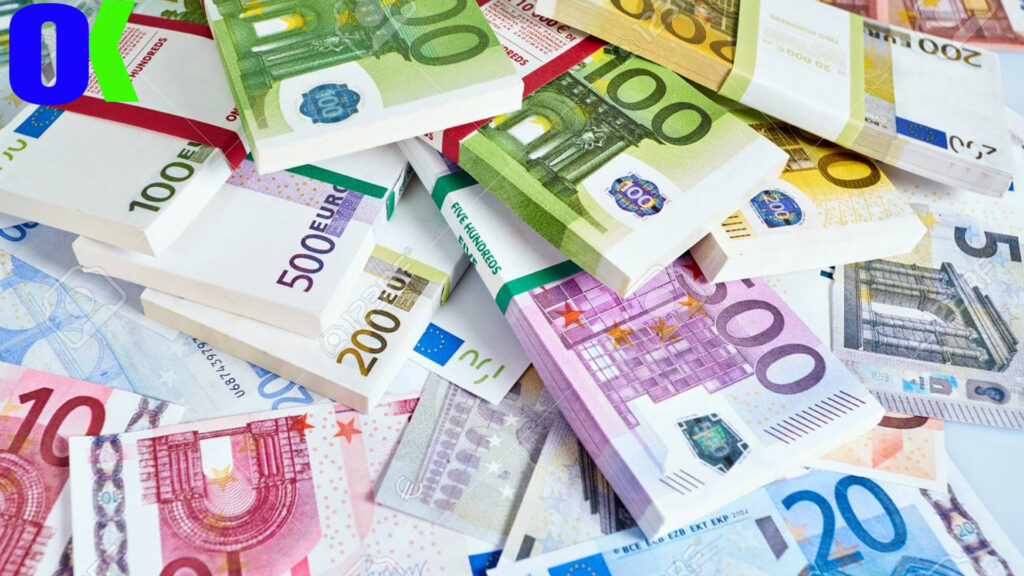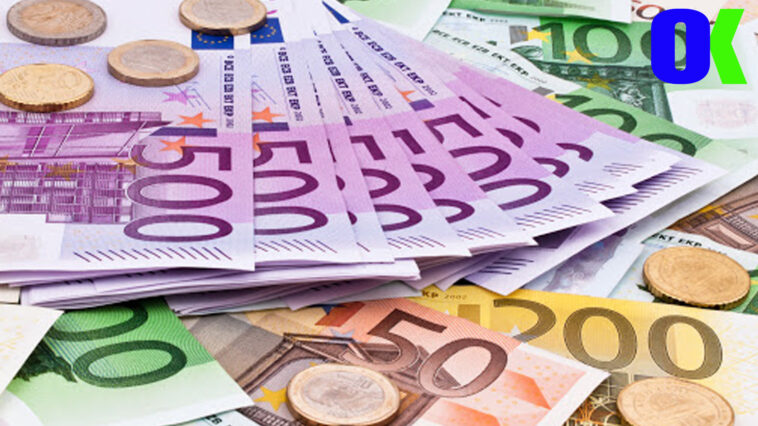How Did the Euro come into existence in 1999?
The €, the currency used by the member states of the European Union, has a large share in the economy. How did the € come about? Let’s take a closer look at the recent history of the €.

The Euro, which is the second-most reserved foreign exchange after the US dollar, became the new currency of the European Union with an agreement signed in 1999. The €, which started to be used in 2002, still has a large reserve area.
Countries that are members of the € pean Union wanted to use a common currency to ensure their future. The use of the € as a single currency has facilitated commercial relations between the European Union countries.
Although it started to be used by the world in 2002, the foundation of the € was actually laid in the European Council meeting in 1995. England, one of the strongest countries in the world, is not included in this currency, which allows the establishment of a new European Monetary System. Although many reasons are listed as the reason why the UK does not use the €, the essence of the matter is that Sterling is still strong.
At the Amsterdam Summit in 1997, the establishment of the Stability and Growth Pact, which aims the European Union member states to comply with the disciplinary rules in the budget area, was confirmed.
At the meeting of ECOFIN (the council formed with the participation of the economy and finance ministers of the member states) dated 17 November 1997, it was decided to put € banknotes and coins into circulation on 01 January 2002. With the establishment of the € council, the countries that are members of the European Union are now gathered around a single currency.
The decision was made in 1998
Meeting in Brussels in 1998, EU members decided which members will switch to the € currency. The currencies used by these countries are mutually fixed exchange rates. With the Maastricht agreement, countries that comply with the criteria were entitled to adopt the €. These nations were Germany, Austria, Belgium, Finland, France, the Netherlands, Ireland, Spain, Italy, Luxembourg and Portugal. From this date on, the euro became the official currency of the European Union.
With the Maastricht agreement, EU member states support each other in every way. Greece has gone through a difficult period in the past years. This country, which used the €, had literally put other countries in a difficult situation. With the support of Germany, which is strong in terms of industry, the € began to be valuable in Greece. One issue that was discussed at that time was that the € was so binding. In fact, since these countries are interdependent in every way, a small setback can have different consequences. Therefore, the income situation of most EU countries has to be equal.
The United Kingdom was named the “Best Country for Education in the World” by 2019 Country Ranking:





GIPHY App Key not set. Please check settings